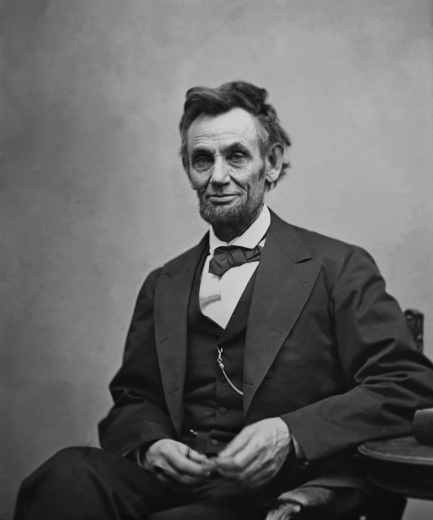We asked people what they really enjoy that others can't understand. One answer dominated.
Interestingly, research shows that these people are particularly unlikely to be neurotic.

Some people really enjoy being alone.
We recently asked our Upworthy audience on Facebook, "What's something that you really enjoy that other people can't seem to understand?" and over 1,700 people weighed in. Some people shared things like housework, cleaning and laundry, which a lot of people see as chores. Others shared different puzzles or forms of art they like doing, and still others shared things like long car rides or grocery shopping.
But one answer dominated the list of responses. It came in various wordings, but by far the most common answer to the question was "silent solitude." Here are a few examples:
"Feeling perfectly content, when I’m all alone."
"Being home. Alone. In silence."
"That I enjoy being alone and my soul is at peace in the silence. I don't need to be around others to feel content, and it takes me days to recharge from being overstimulated after having an eventful day surrounded by others."
"Enjoying your own company. Being alone isn’t isolating oneself. It’s intentional peace and healthy… especially for deep feelers/thinkers."
Spending time by ourselves is something some of us relish, while some of us hate being alone. Naturally, this points to the common theory of introversion vs. extraversion, but in some ways, that's overly simplistic. Even the most peopley people among us can enjoy some quality alone time, and not all introverts see time alone as truly enjoyable. (It might be necessary for an introvert's well-being, but not necessarily something they truly revel in.)
Interesting, studies have found that people who enjoy being alone are not any more or less extraverted than those who don't, though they do tend to be less "sociable." They are also less likely to be neurotic (tense, moody, worrying types) than the generally population and more likely to be open-minded. Those characteristics are the opposite of what social norms often tell us about people who want to be alone.
"If our stereotypes about people who like being alone were true, then we should find that they are neurotic and closed-minded. In fact, just the opposite is true," writes Bella DePaulo, PhD.
There may be lots of reasons some people like to spend time by themselves while others don't. We are naturally social creatures and need social interaction, but some of us find ourselves overstimulated by being around other people all the time. On the flip side, some people find being alone not just unenjoyable, but extremely uncomfortable, which can be a problem.
"Ideally, we should be comfortable with ourselves, alone or with others," writes psychologist Tara Well Ph.D.. "If you are uncomfortable being alone, it means you are uncomfortable being with yourself without distraction, engagement, or affirmation from others. This can be a liability in life. If you cannot be alone, you may stay in situations or make life choices that aren’t good for you in the long run, like staying in a job or a relationship, mainly because you can’t tolerate being alone while transitioning to a better situation."
Dr. Well also points out that people can make the most of their alone time, even if it's not something they naturally enjoy. One way is to make it purposeful, setting aside a little time daily to write in a journal, meditate, go for a walk or otherwise engage your mind and body in some form of reflection. Another is to pay attention to self-judgments that might make alone time uncomfortable and challenge them with some compassionate confrontation and counteraction with positive thoughts about yourself.
Alone time can be refreshing and rewarding, especially if it's something you naturally crave. Some people even like to take themselves out on dates or enjoy traveling by themselves. That kind of self-care can be just as important as connecting with others for our overall health and well-being. Being alone doesn't mean being a loner and it doesn't mean being lonely. Some of us genuinely like having quality time with ourselves, whether it makes sense to other people or not.
This article originally appeared last year.



 Teens hanging out in a living room.via
Teens hanging out in a living room.via  Teenagers eating pizza.via
Teenagers eating pizza.via  Teenagers eating pizza.via
Teenagers eating pizza.via 

 Woman disappointed by last minute cancelled plans.
Woman disappointed by last minute cancelled plans.  Sitting closer than necessary to someone is rude.
Sitting closer than necessary to someone is rude.  A person honks their car horn.
A person honks their car horn. 
 Abraham Lincoln portrait by Alexander Gardner in 1865.
Abraham Lincoln portrait by Alexander Gardner in 1865.
 Student smiling in a classroom, working on a laptop.
Student smiling in a classroom, working on a laptop. Students focused and ready to learn in the classroom.
Students focused and ready to learn in the classroom.